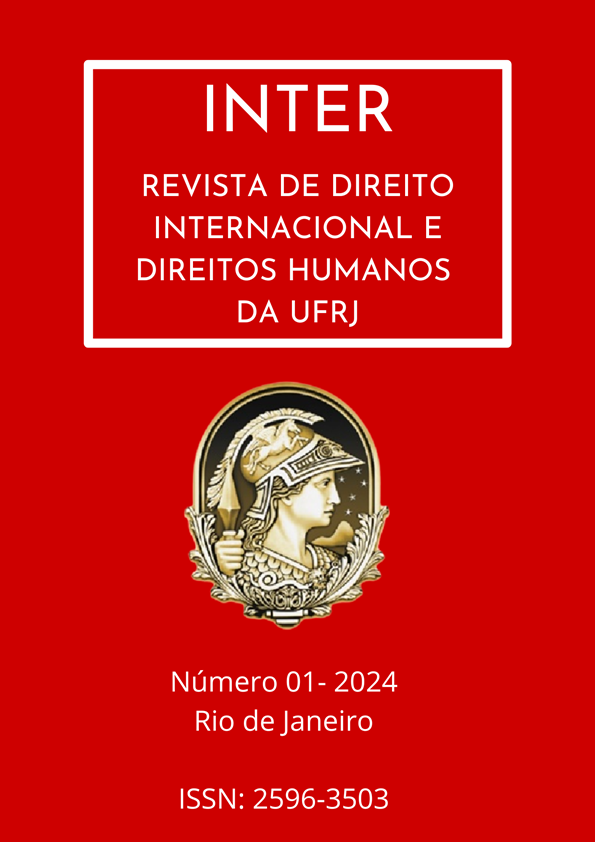Inkiko Gacaca: Rwanda's ambitious project
Resumen
After the genocide of 1994, the Republic of Rwanda faced one of the major questions posed during transitional periods of political regimes: To punish or not the serious Human Rights violations that took place during the genocide, and what would be the appropriate punishment. In a country desolated and ethnically fragmented, the solution proposed by the central government was to merge elements of local traditional justice with elements of formal western justice: The Inkiko Gacaca, special courts entrusted with the arduous task of punishing but also reconciling Rwanda’s society. Between praise and criticisms, the special courts finished their assignment in 2012, leaving an important legacy to legal theory, sociology, political science, and anthropology. This article aims to analyze the structural and procedural aspect adopted by the Gacaca courts, in order to evaluate the quality of its special trials in terms of fairness and legitimacy, but also its capacity to promote peace and reconciliation in Rwanda’s society. This work uses as its framework for its reasoning the international legal principles of legal procedure, as well as elements of criminology and human rights pertinent to the case.
Descargas
Publicado
Número
Sección
Licencia

Esta obra está bajo una licencia internacional Creative Commons Atribución 4.0.
Os autores concordam que não serão devidos direitos autorais ou qualquer remuneração pela publicação dos trabalhos.
